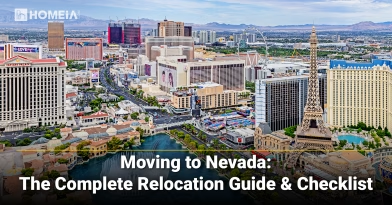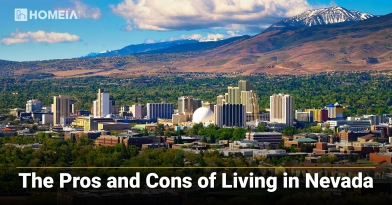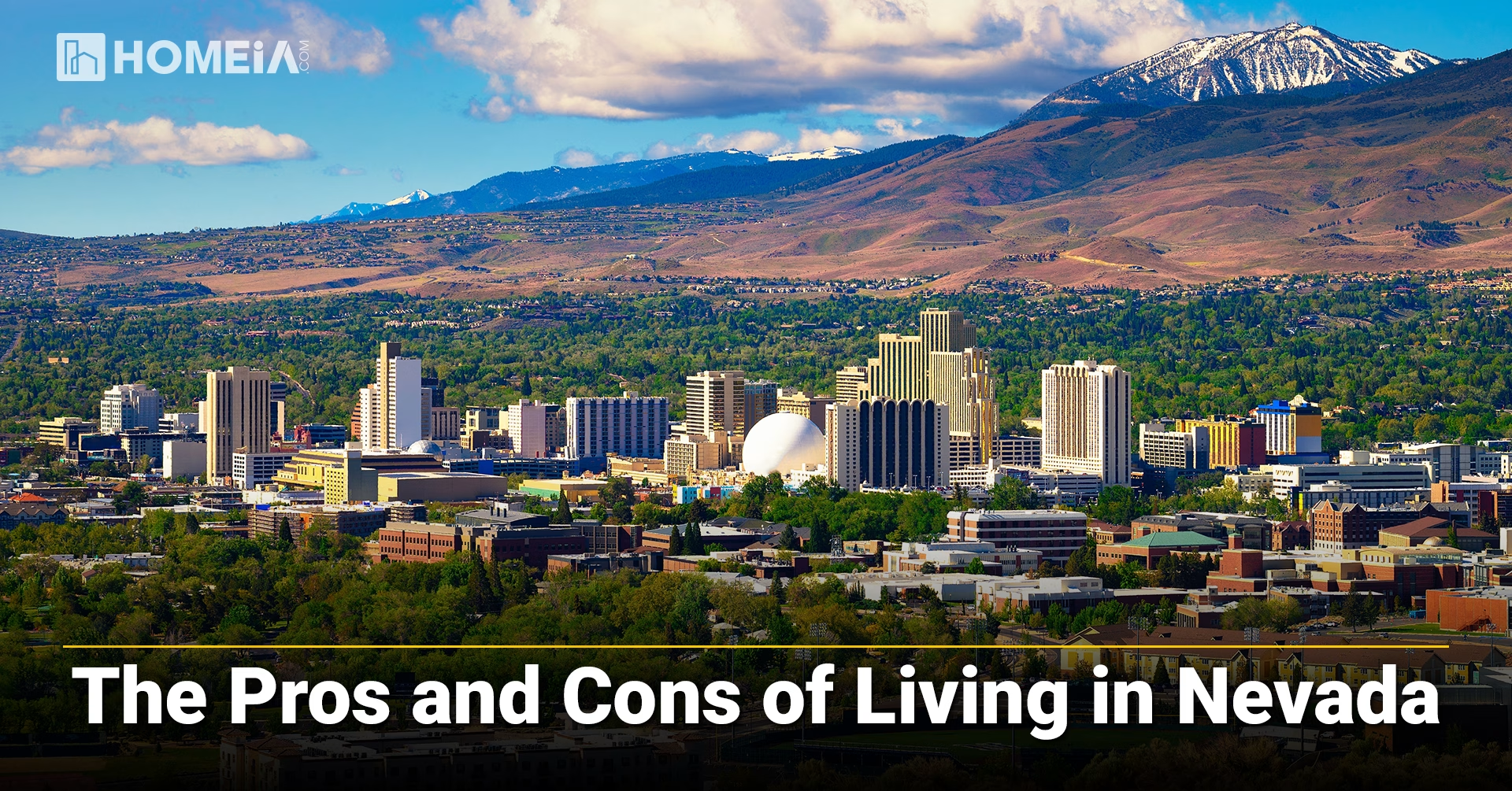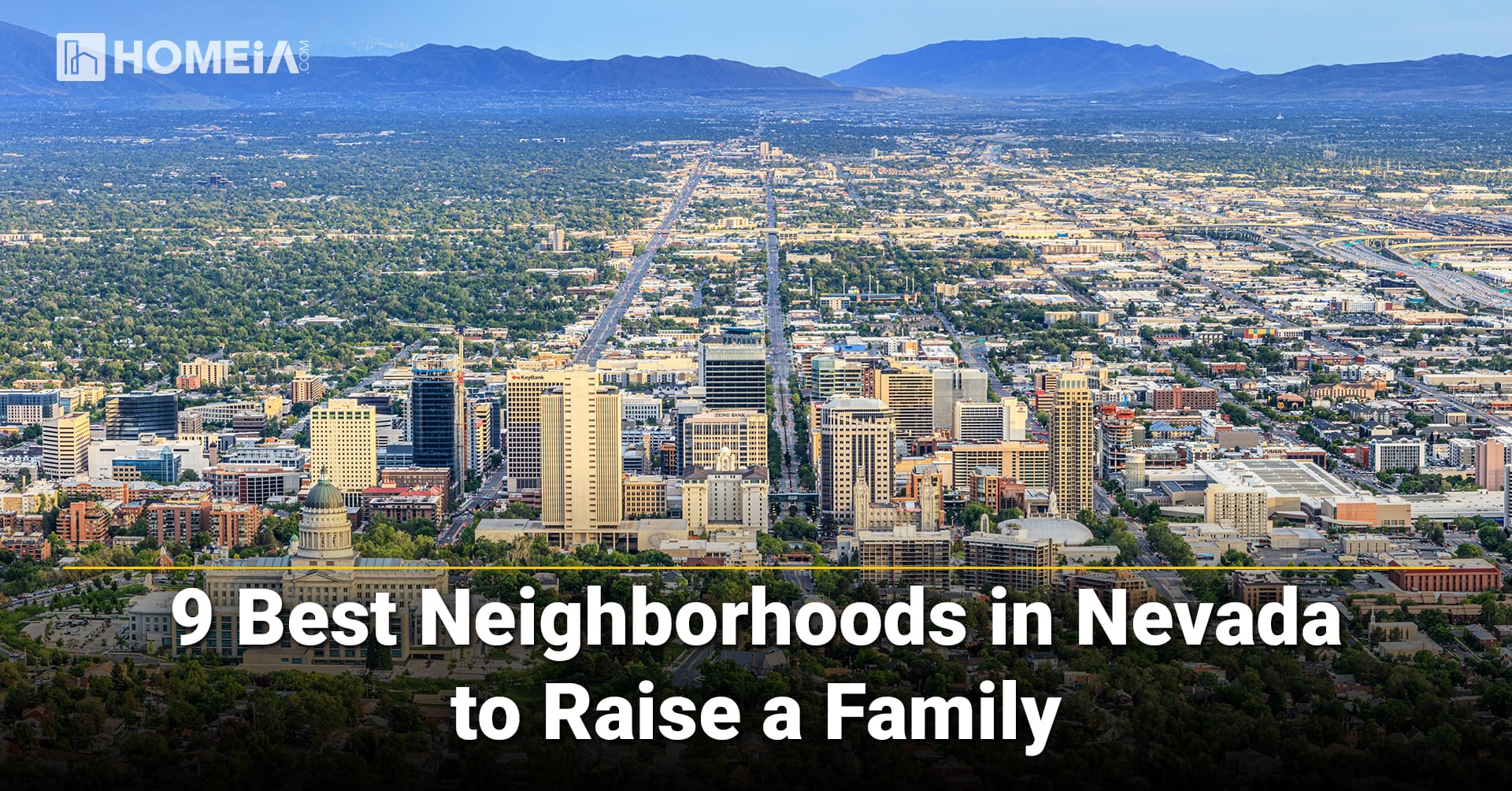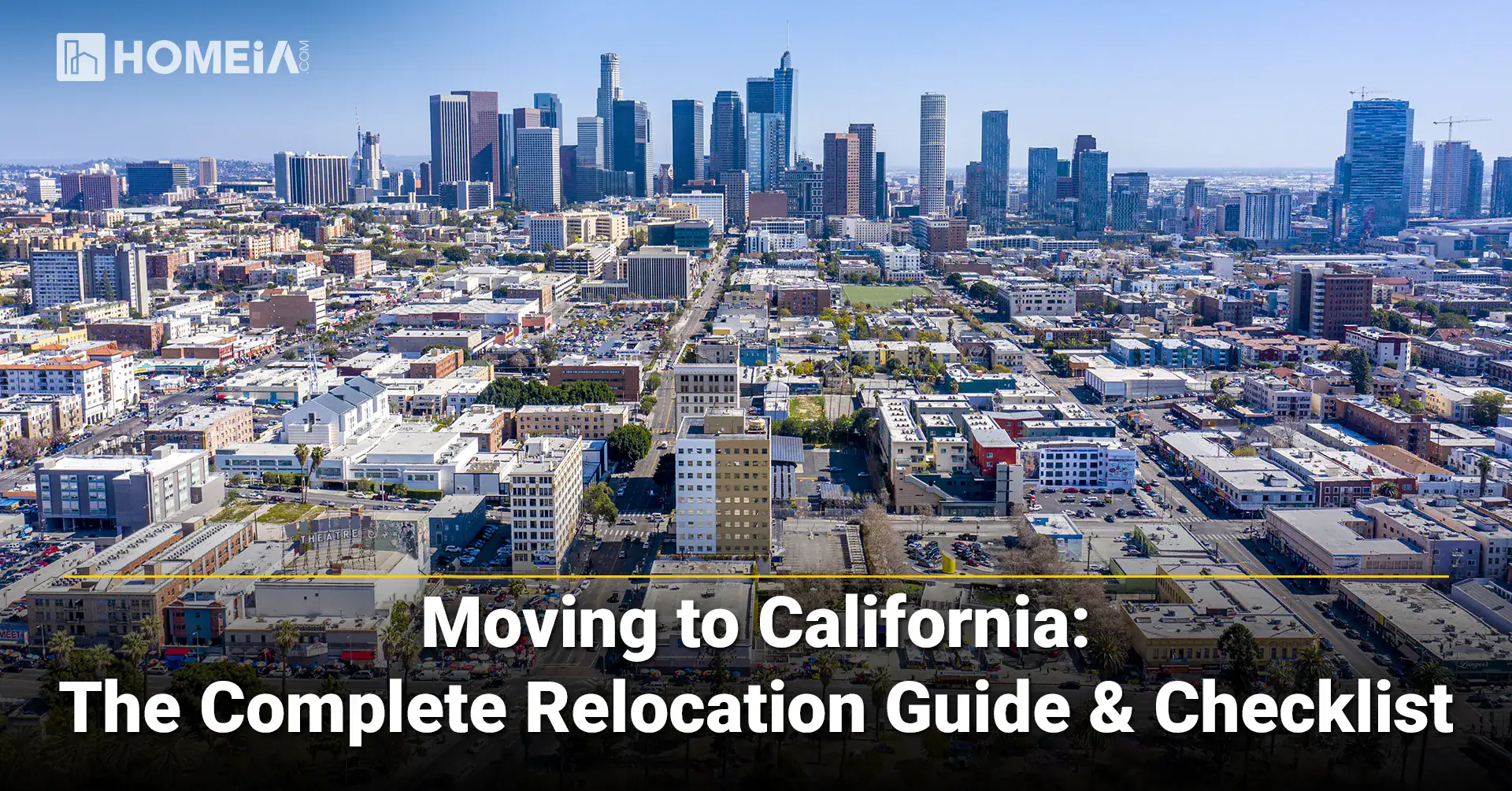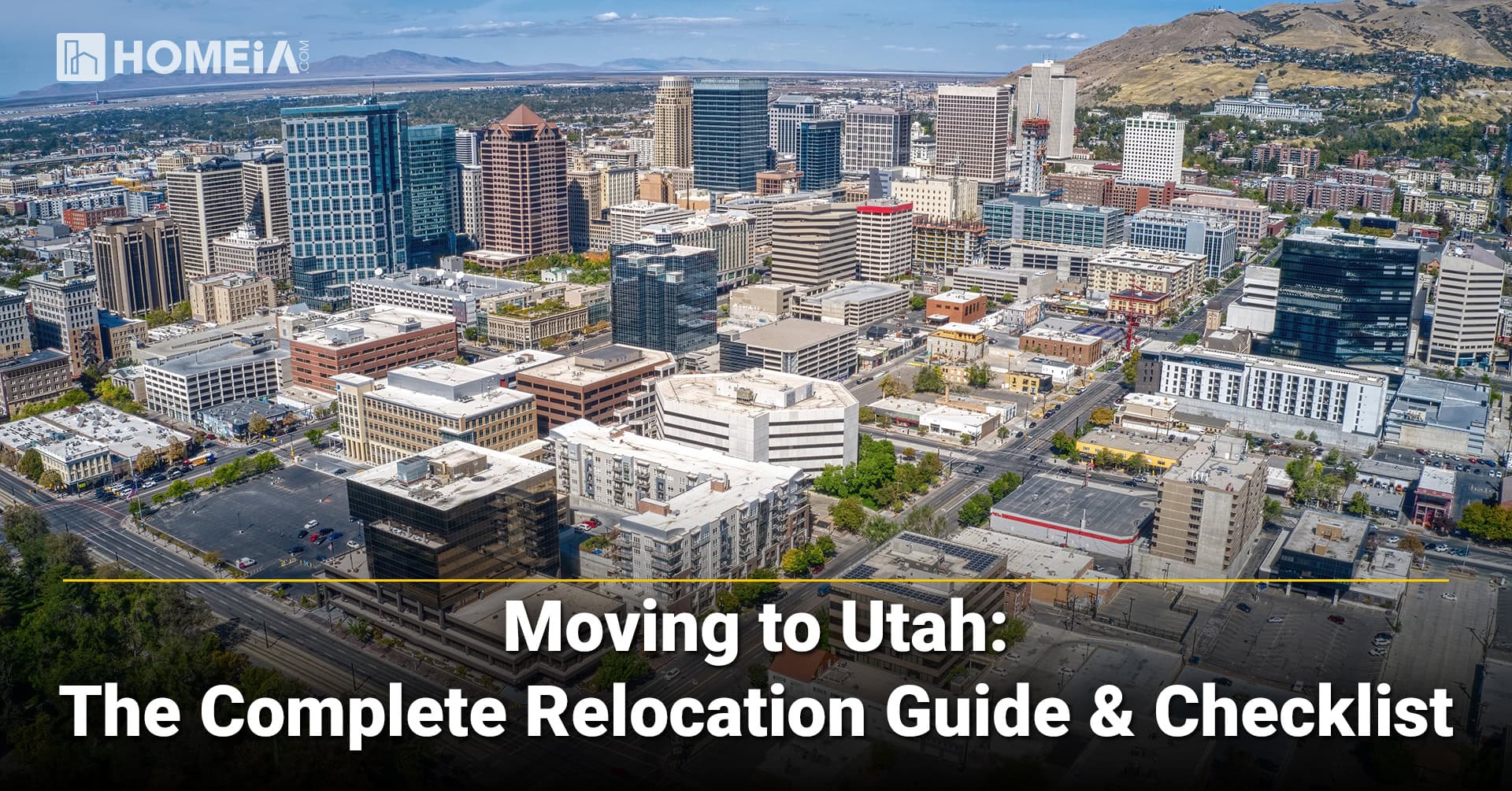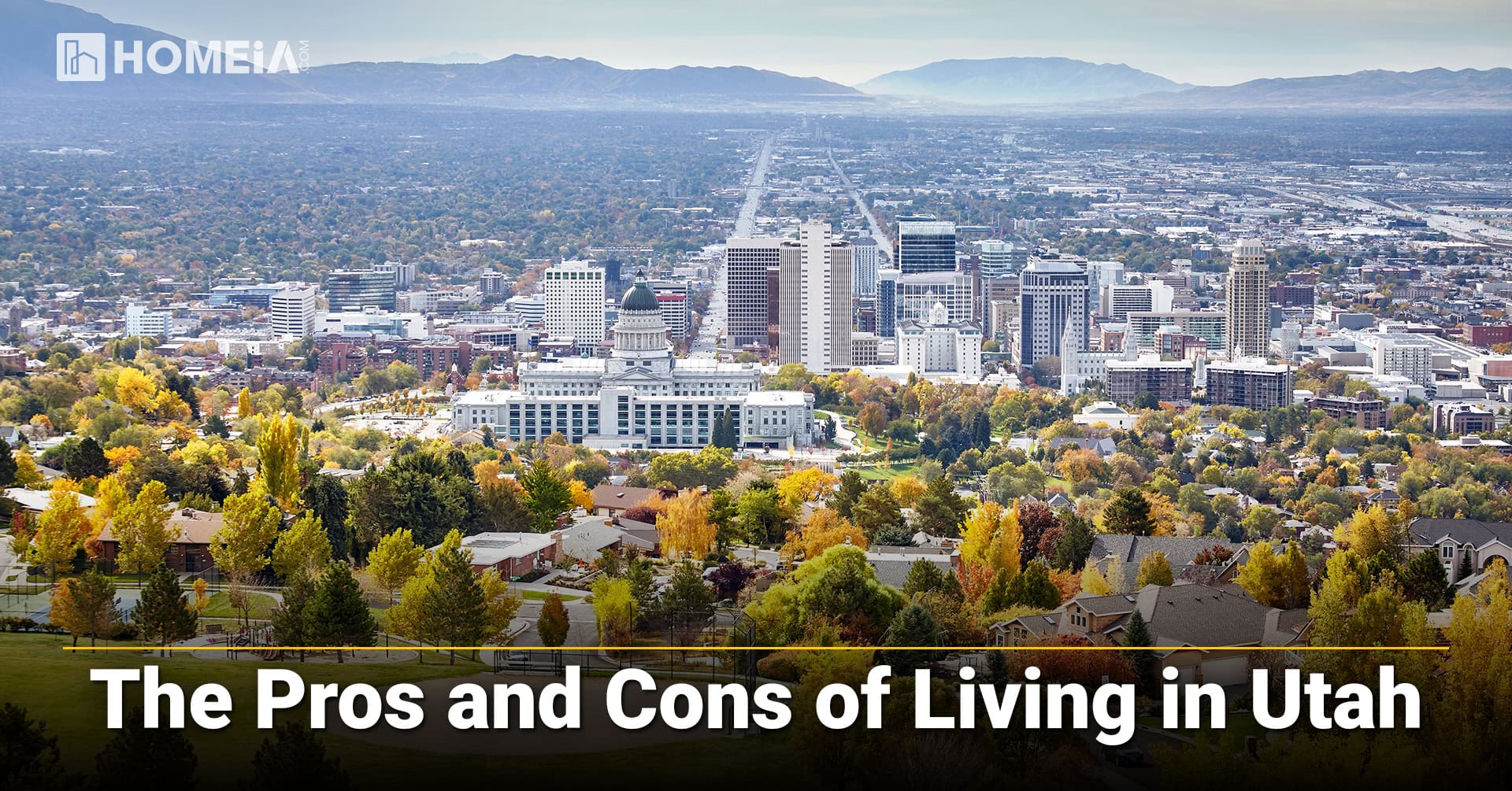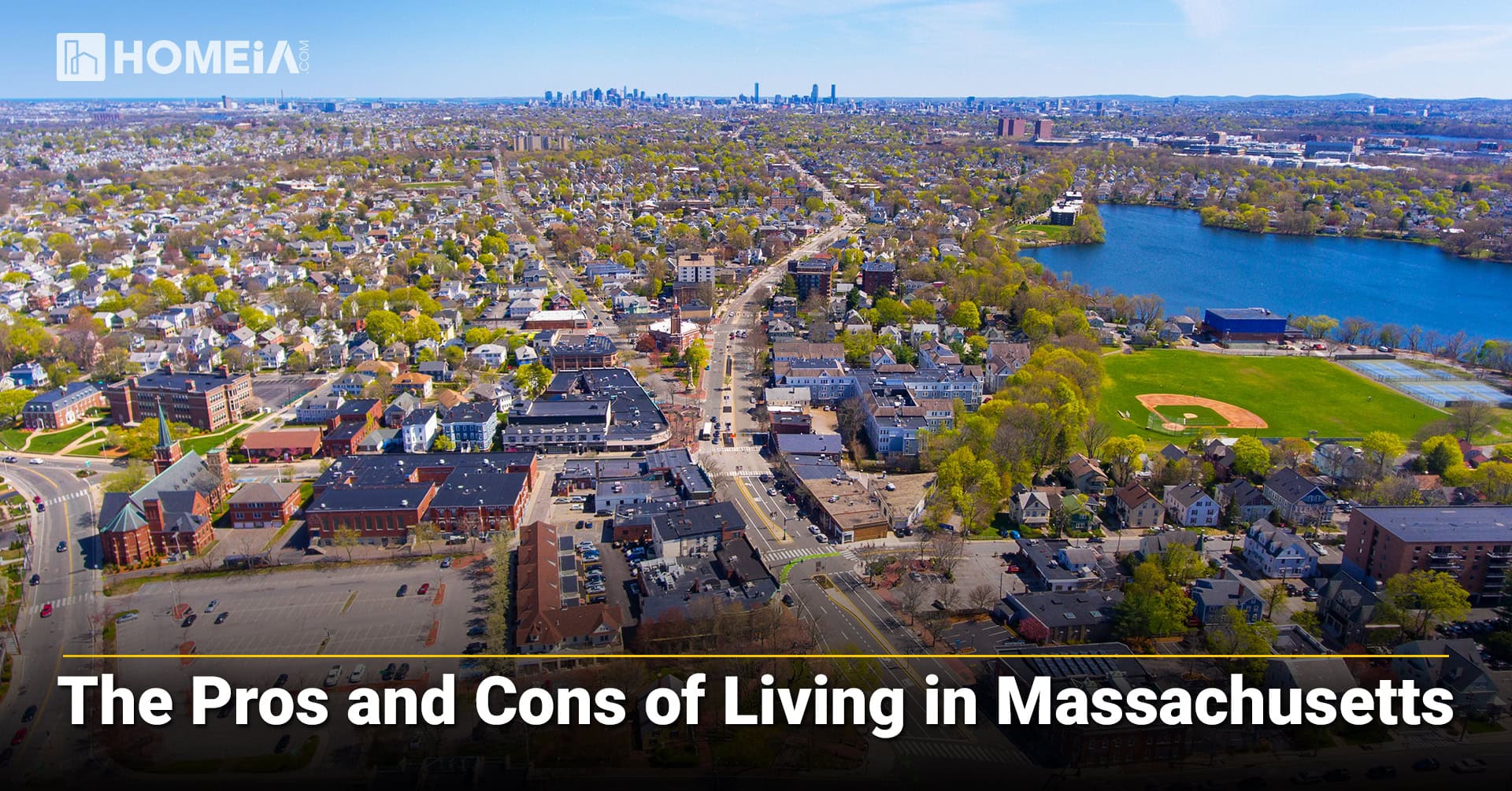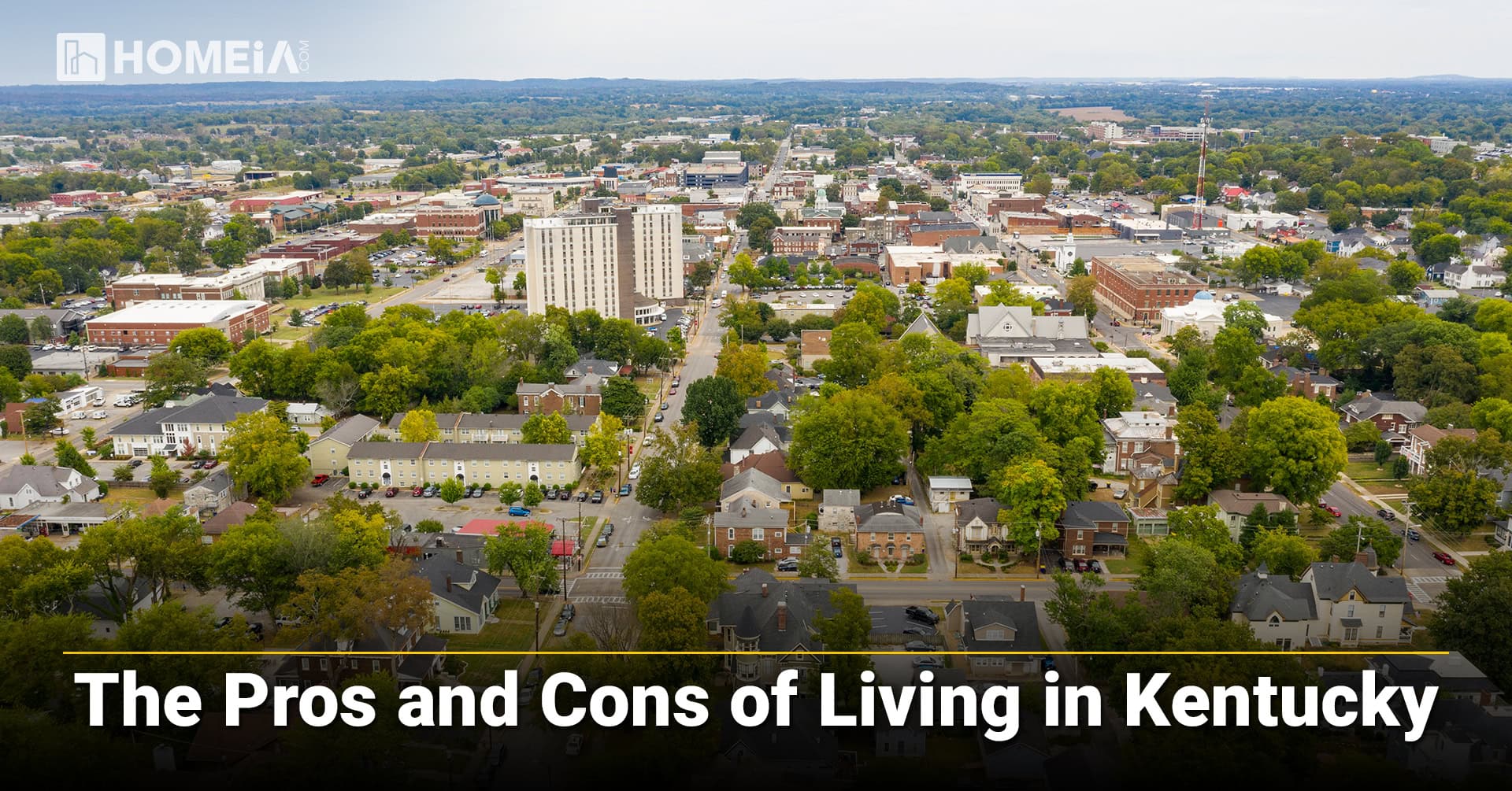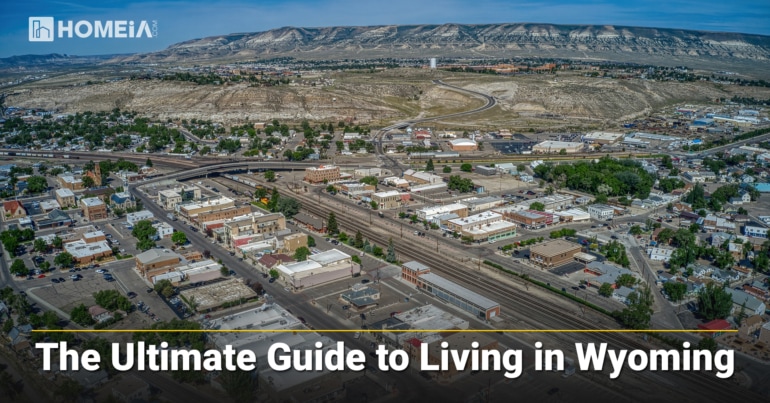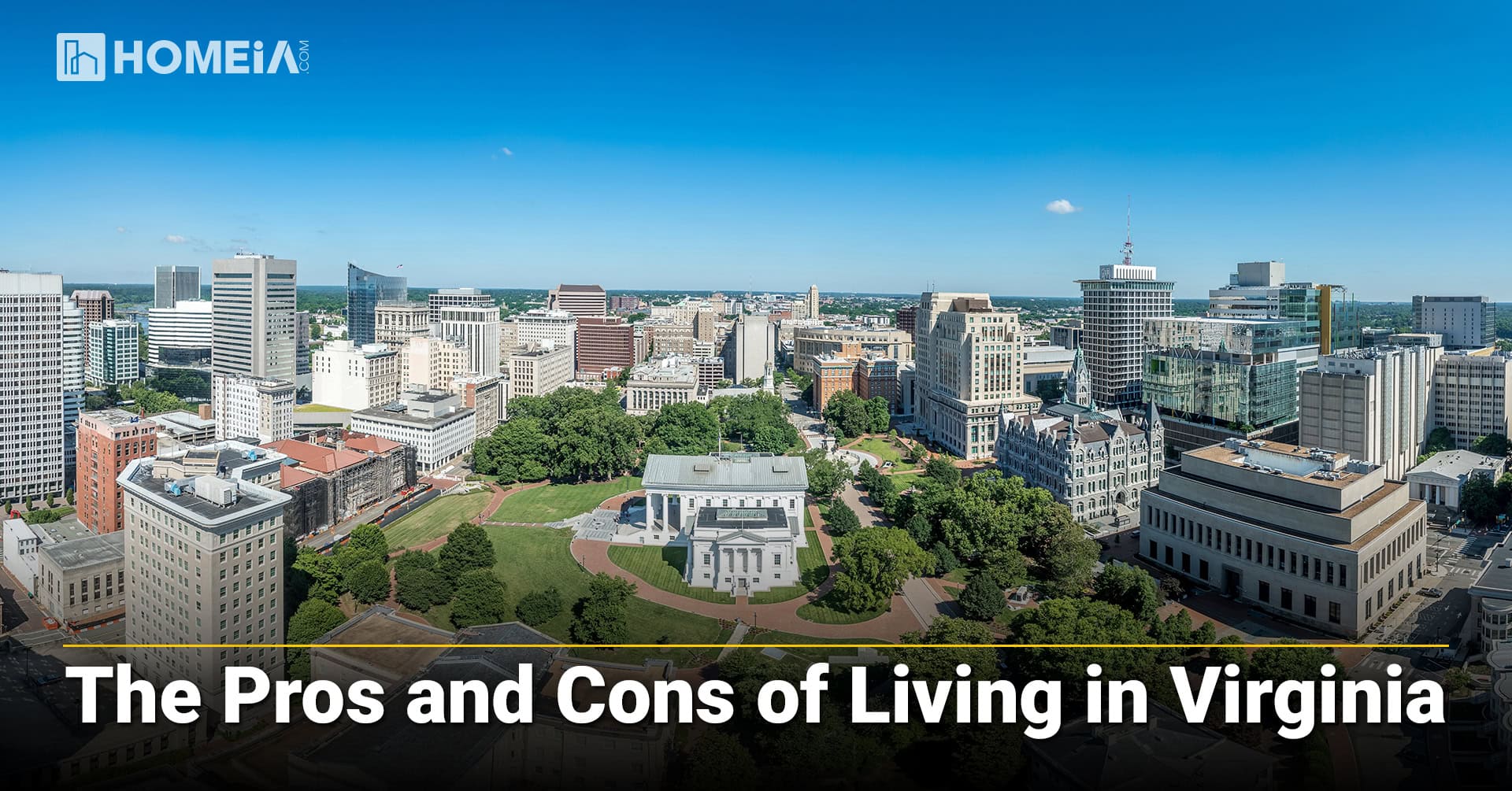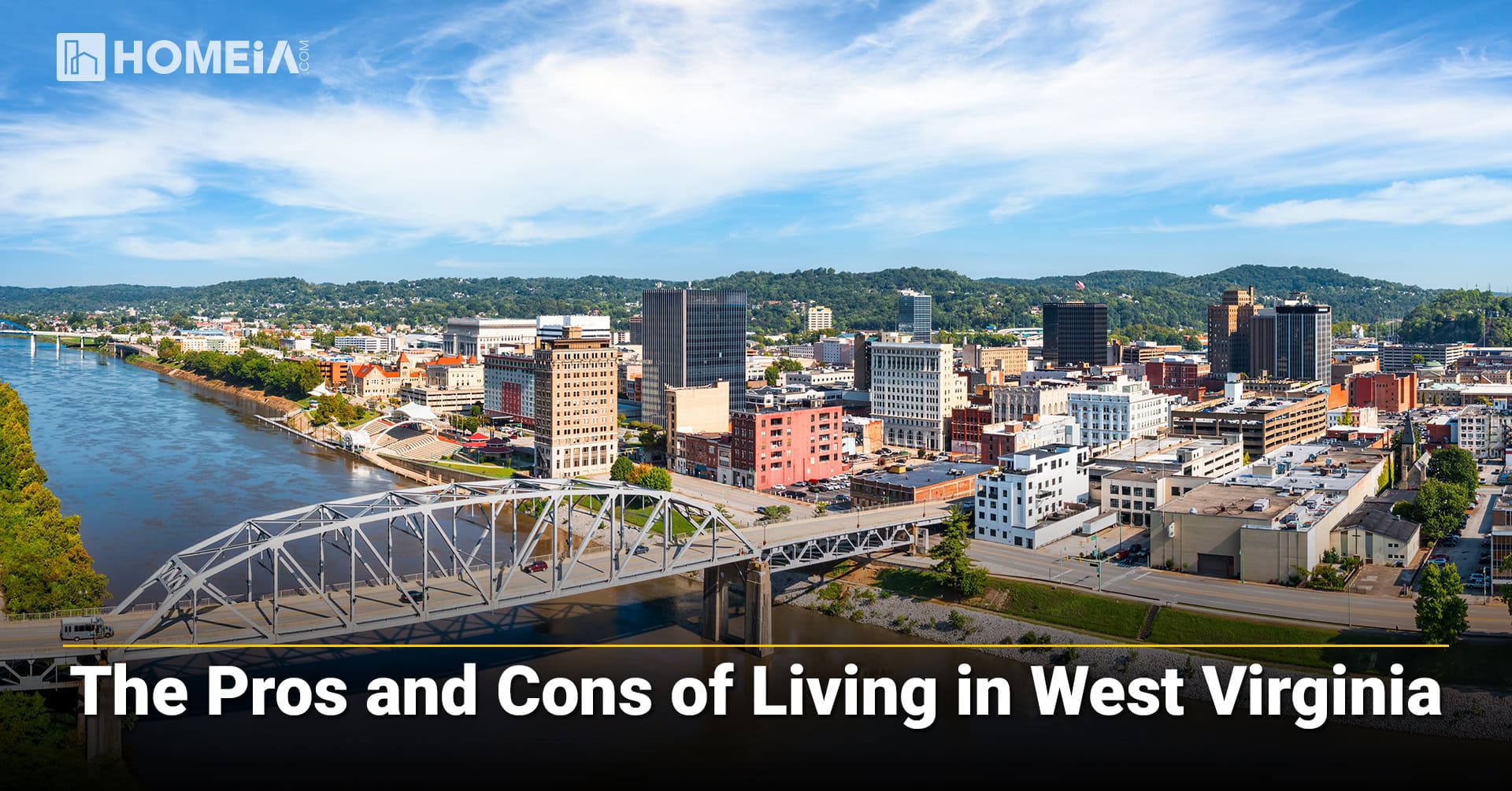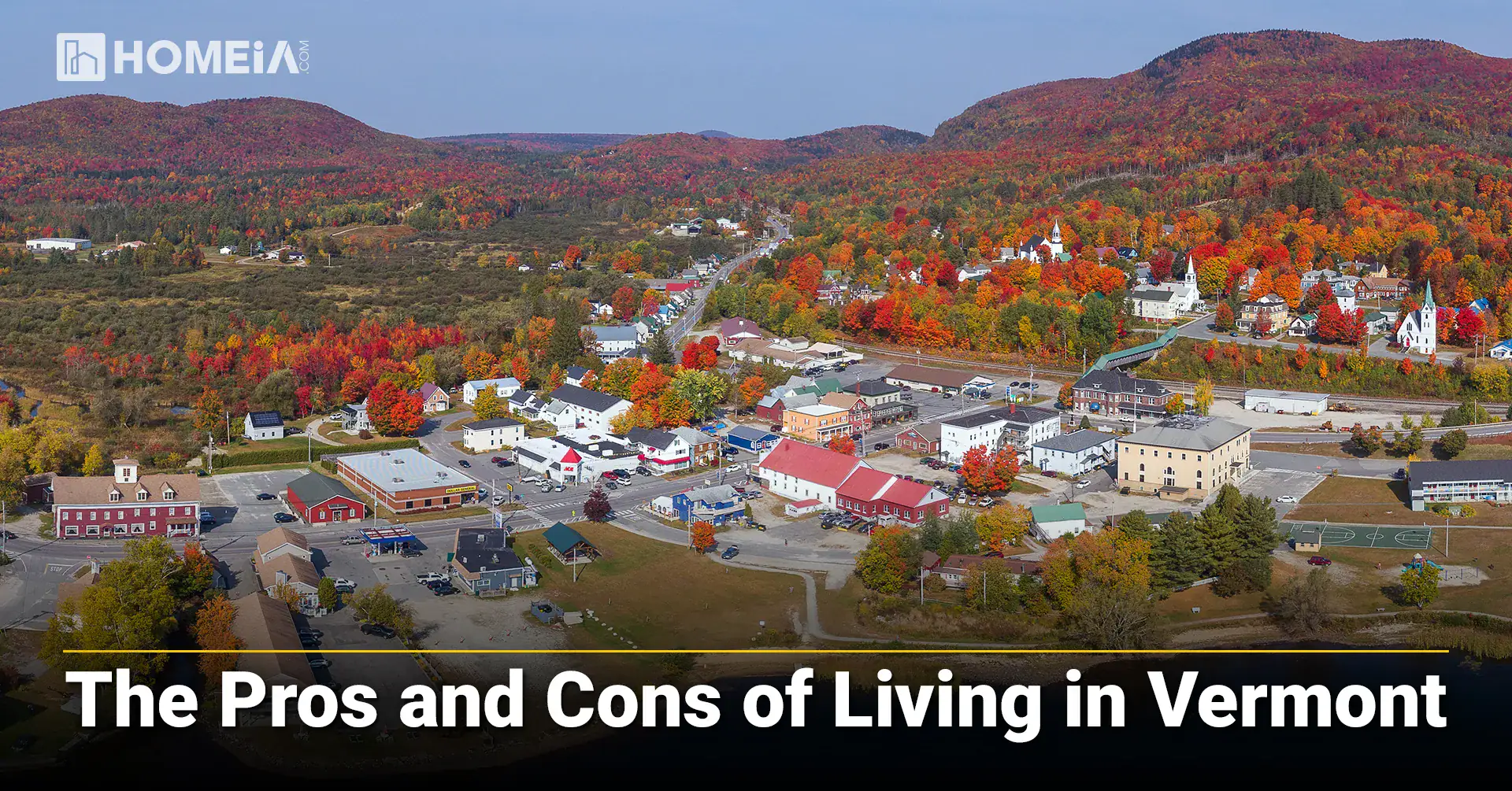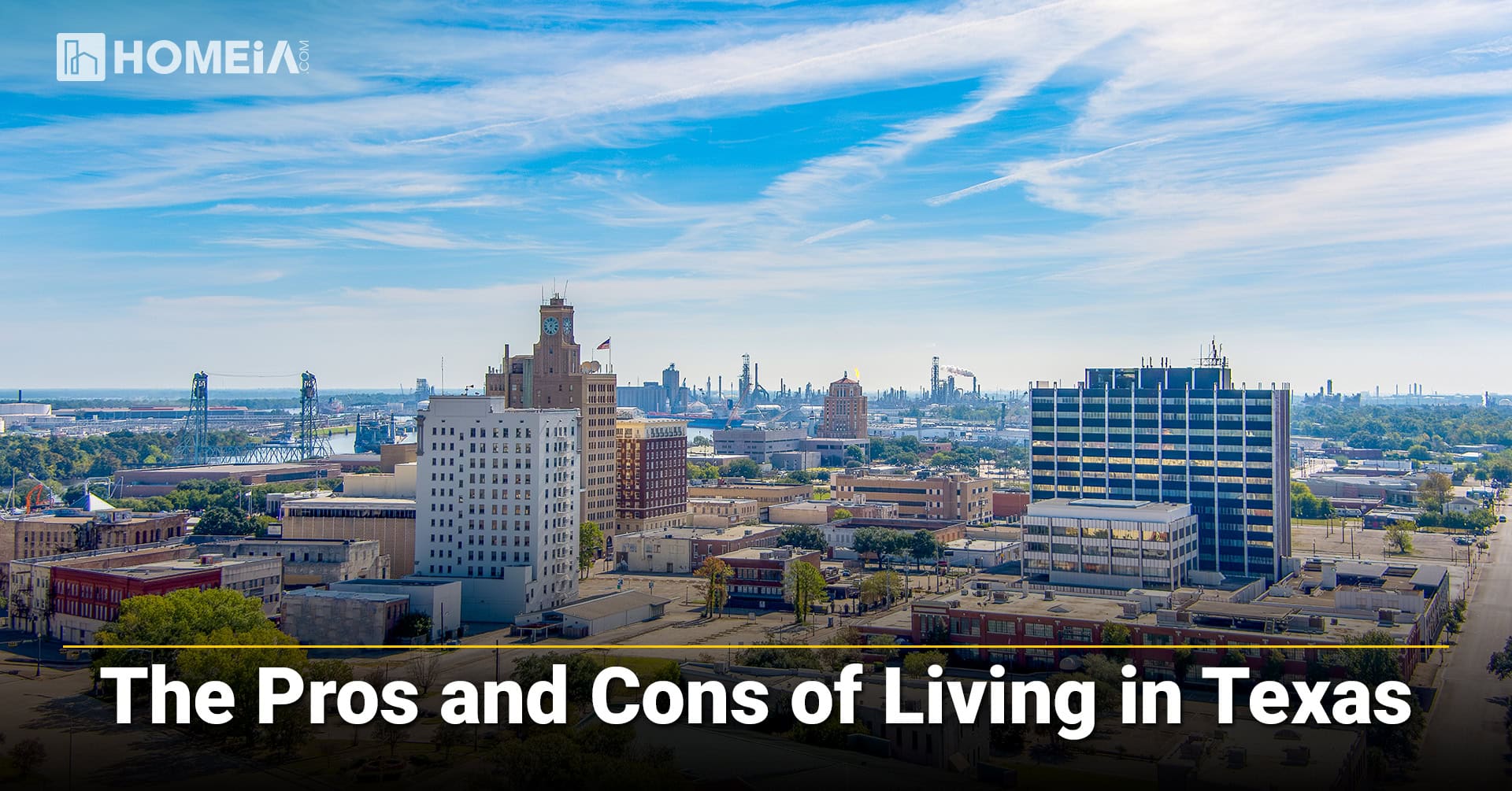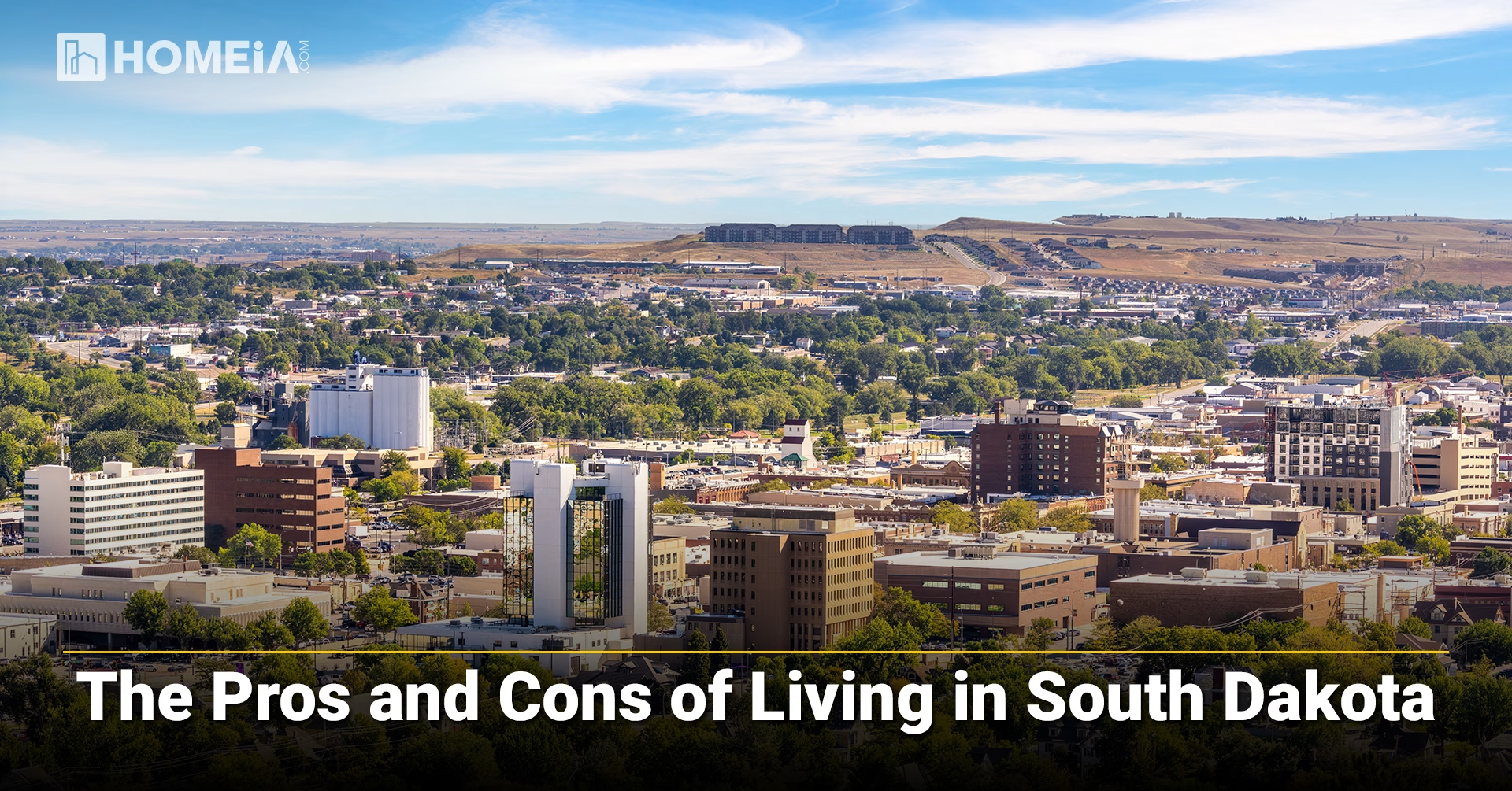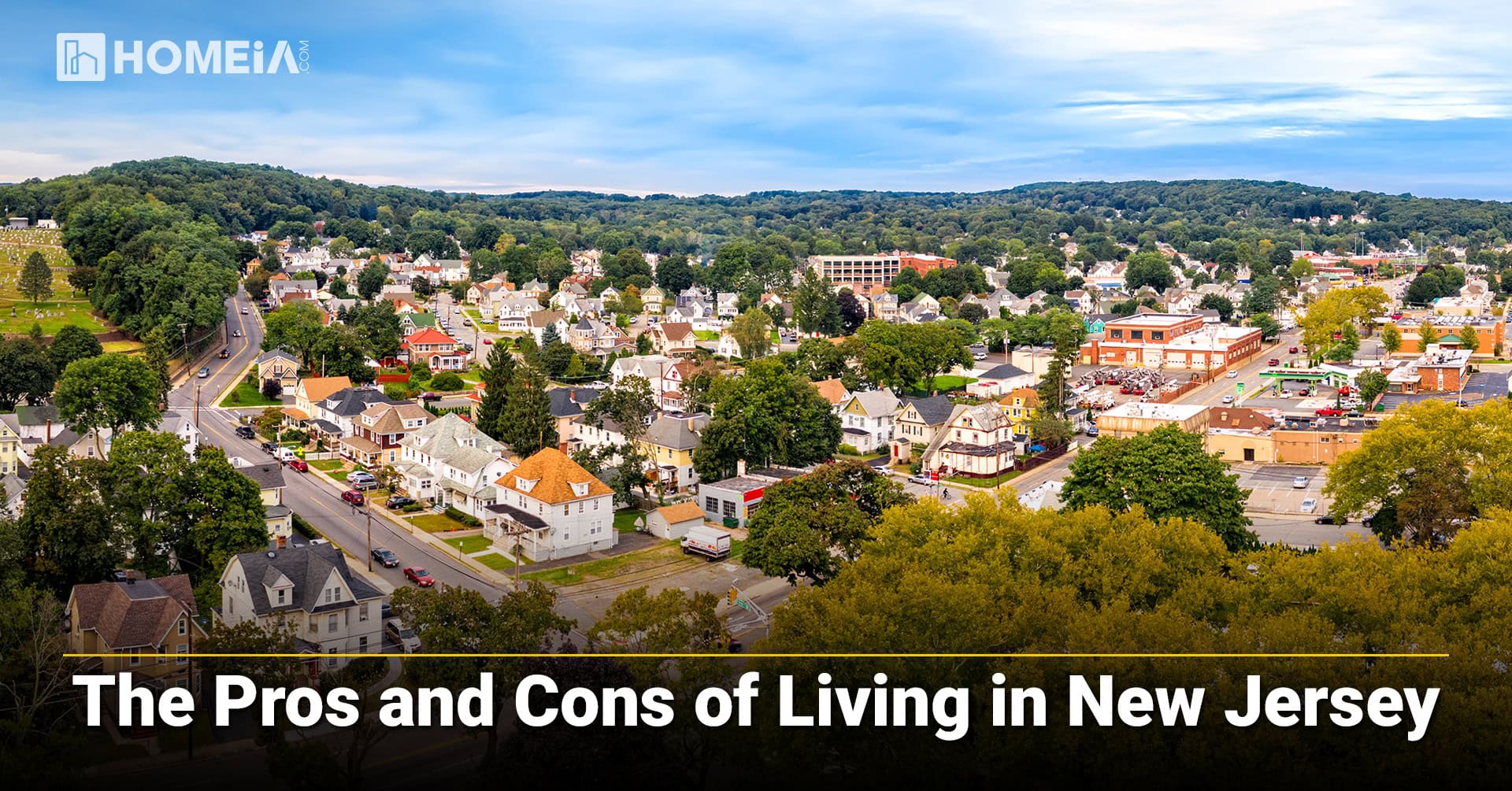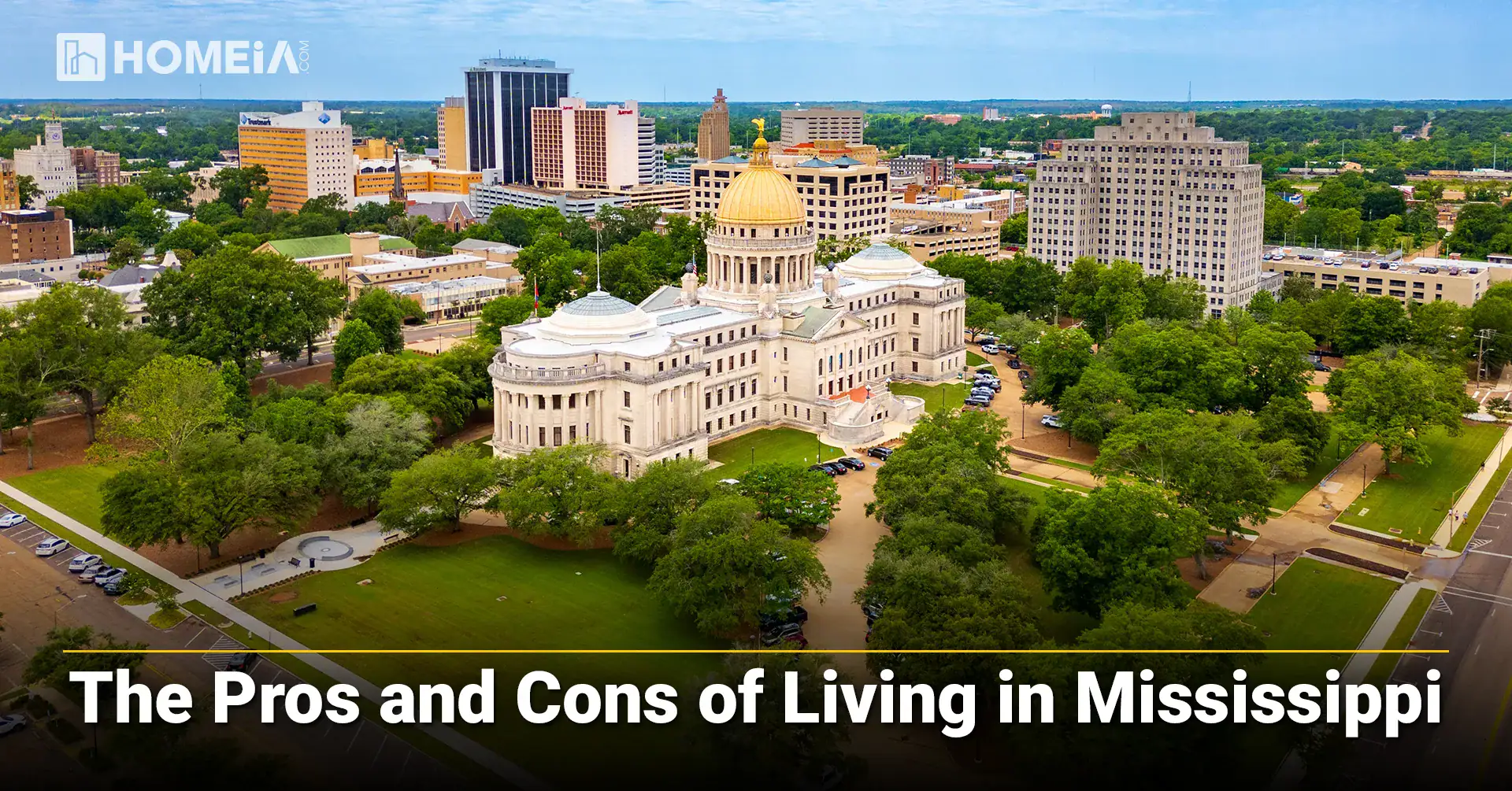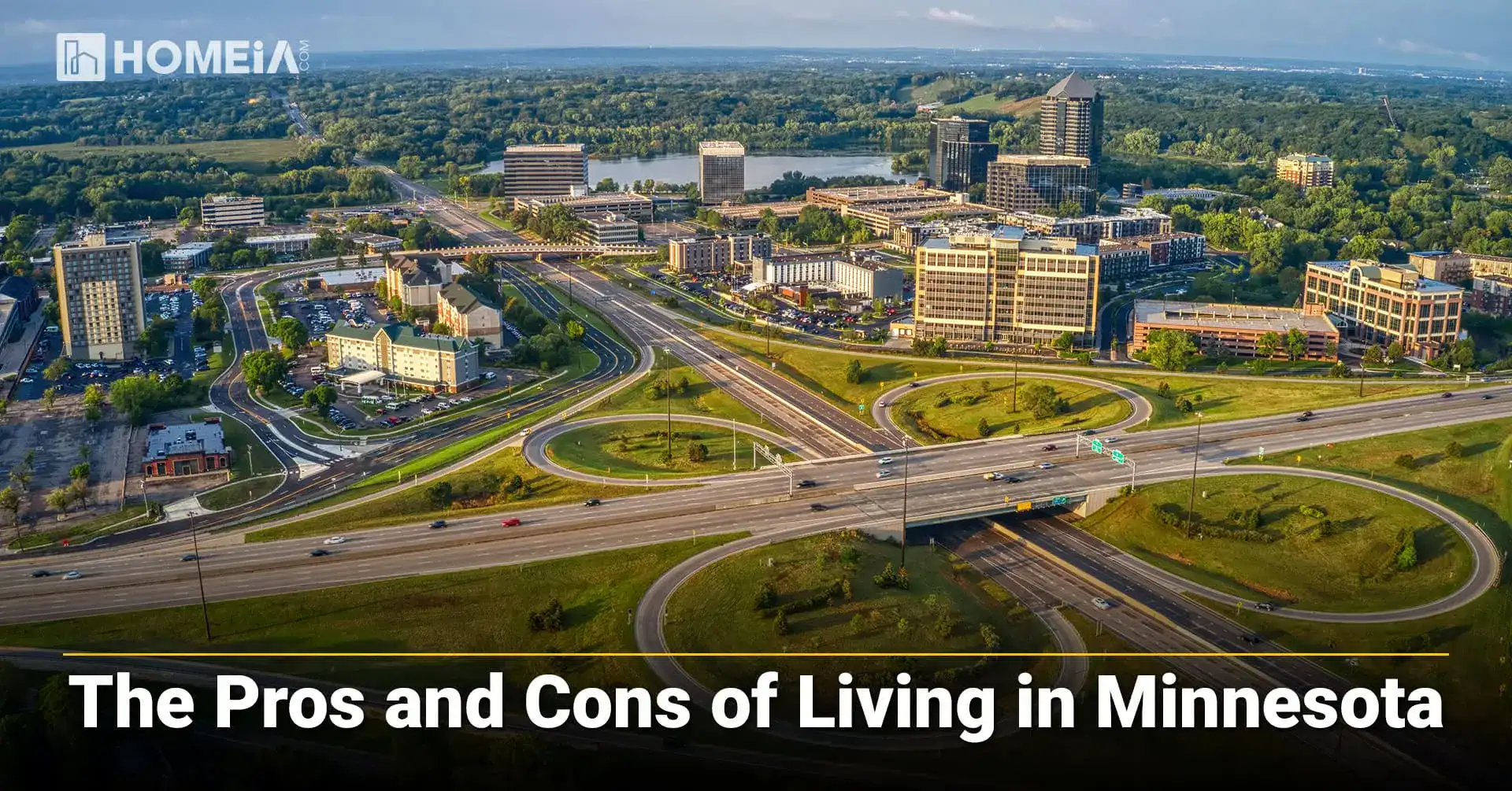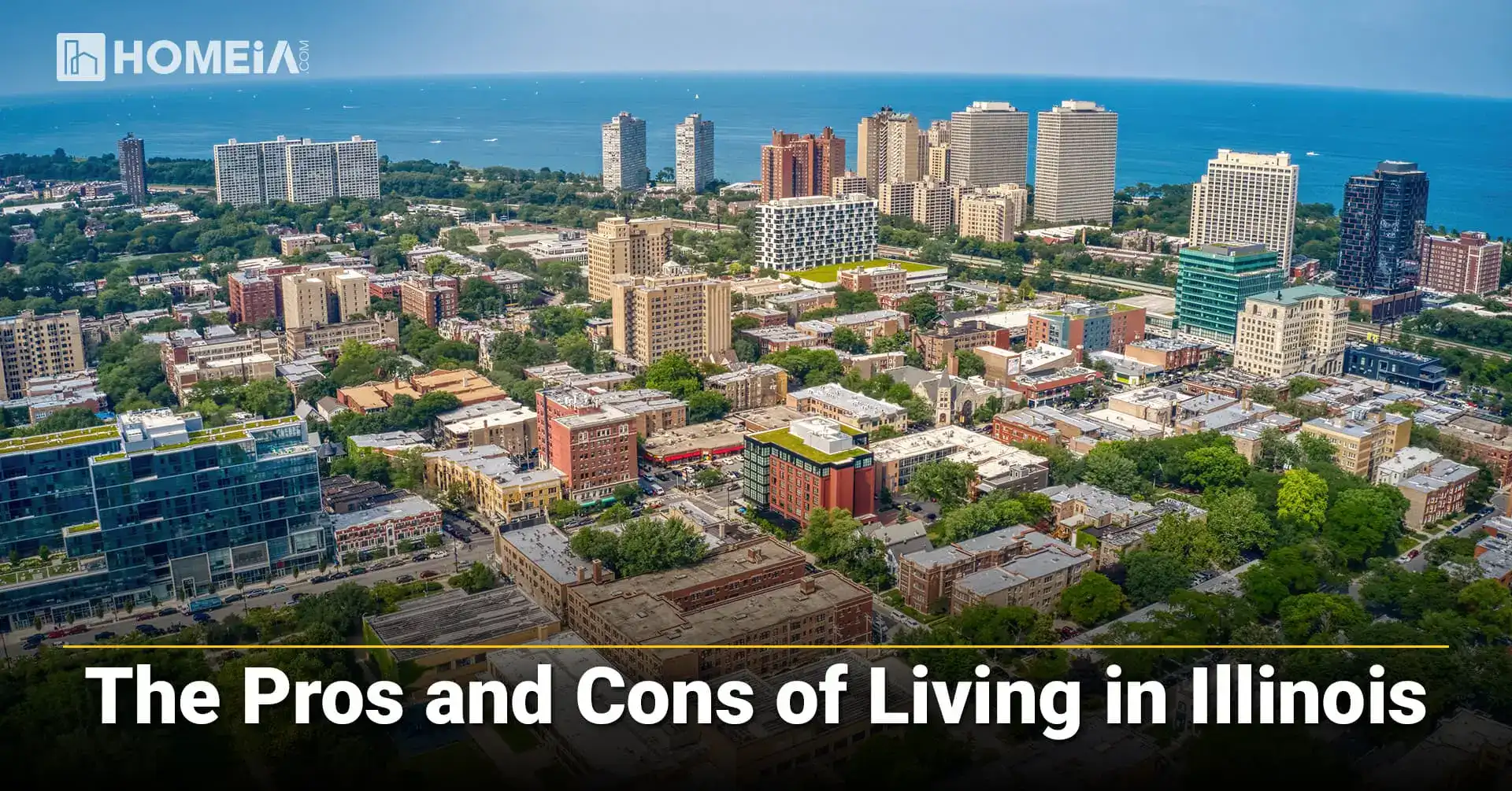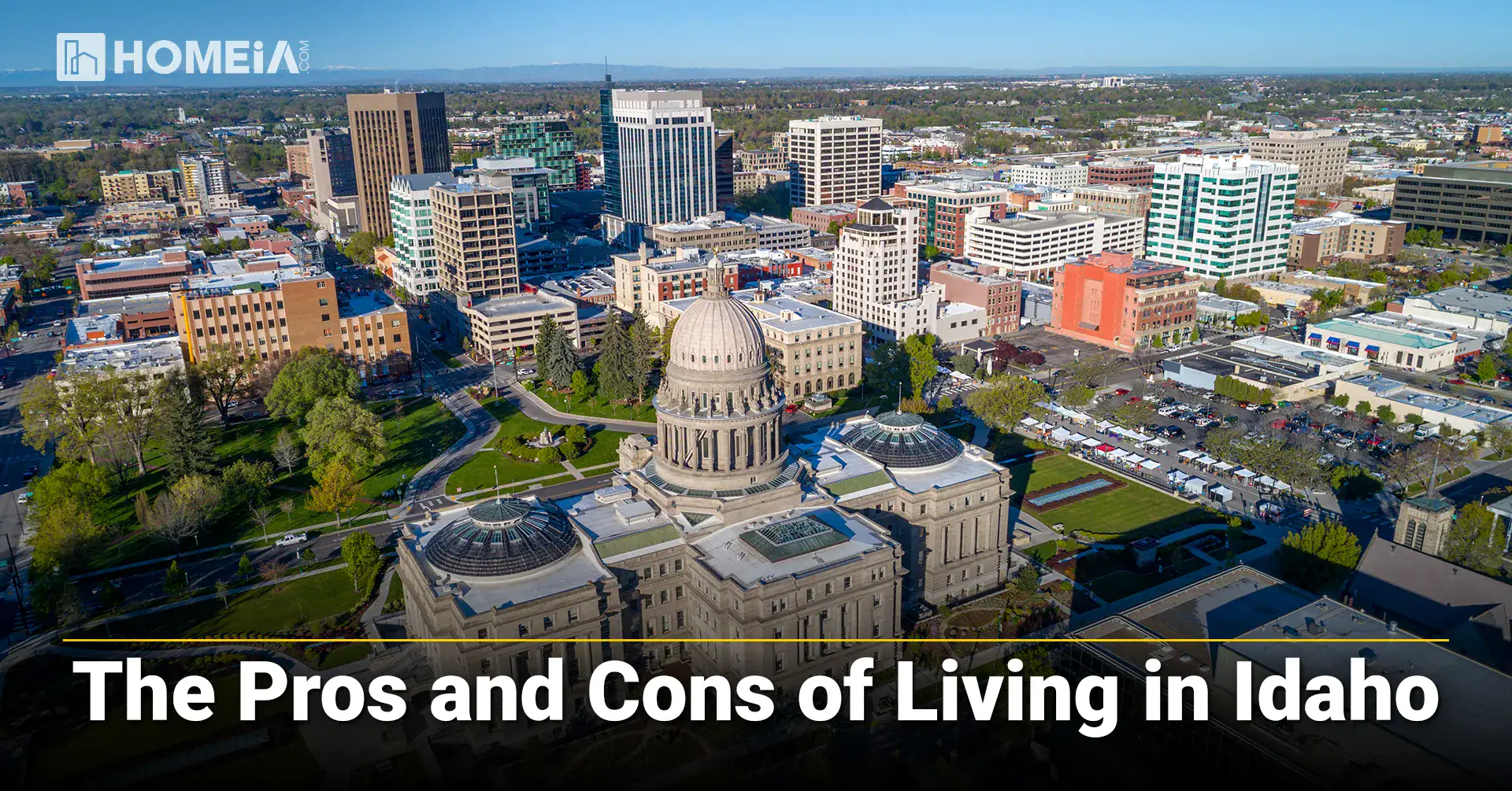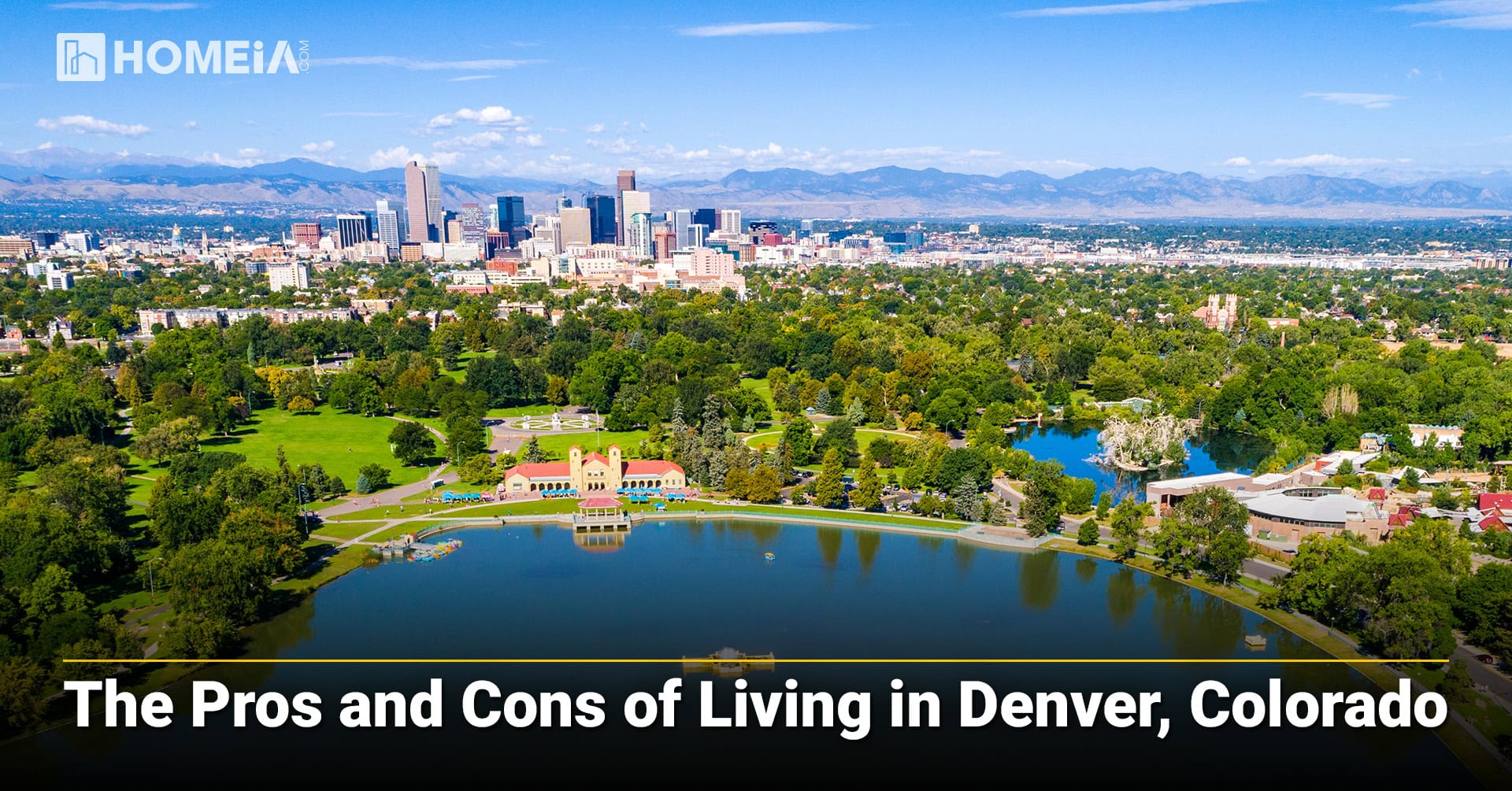Living In Nevada
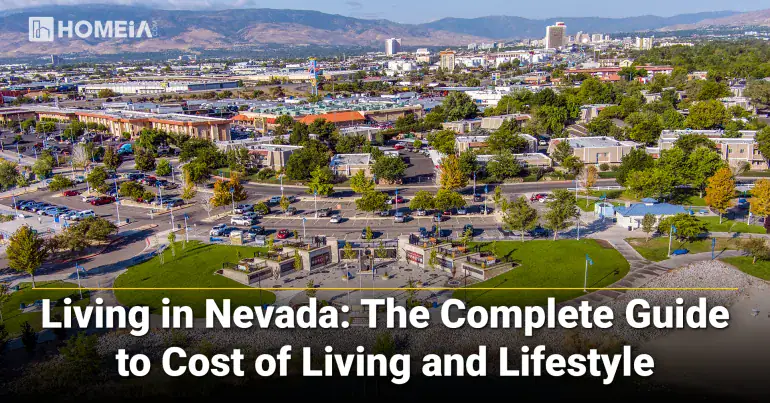
Table of Contents:
The Complete Guide to Cost of Living and Lifestyle
Nevada living offers a unique value proposition with its no state income tax, affordable housing options outside Las Vegas, and unparalleled access to entertainment and outdoor recreation. The Silver State attracts everyone from retirees and remote workers to entertainment professionals and outdoor enthusiasts seeking a tax-friendly, adventure-filled life. However, trade-offs include extreme summer heat, variable job markets outside major cities, and higher utility costs. This comprehensive guide covers housing prices, taxes, daily expenses, and lifestyle factors to help decide if Nevada is your next home.
Key Takeaways
- Affordable Housing: Nevada’s housing market offers significant variation, with Las Vegas providing relative affordability compared to California while Reno commands premium prices. The state’s median home prices fall below national averages in many areas.
- Tax-Friendly Environment: A lack of state income tax provides significant savings for working professionals and retirees alike, though sales taxes can be higher than average.
- High Utility Costs: Extreme desert temperatures drive up cooling costs in summer, making energy efficiency a crucial consideration for budget-conscious residents.
- Entertainment Economy: Its tourism and entertainment industries provide diverse employment opportunities but can create economic volatility during downturns.
- Outdoor Access: World-class outdoor recreation from Lake Tahoe to Red Rock Canyon provides free or low-cost entertainment options balancing higher living costs in some areas.
I. Methodology: How We Analyzed the Cost of Living
Our analysis is based on a multi-factor review of key elements impacting residents’ financial well-being and daily life. We compiled data from reputable 2026 sources, including the U.S. Census Bureau, Bureau of Labor Statistics, Zillow housing market reports, Tax Foundation, and local Nevada state agencies.
Our evaluation criteria are weighted as follows:
- Housing & Affordability (30%): The largest budget item. We analyze median home prices, rental costs, and property taxes, using ratios like home-price-to-income to gauge true accessibility.
- Daily Living Expenses (25%): This metric evaluates costs defining a daily budget, including groceries, utilities, transportation, and healthcare, benchmarked against national averages.
- Tax Burden (20%): A crucial component of affordability. We assess the impact of state income, sales, and property taxes on overall financial planning for both workers and retirees.
- Income & Economic Context (15%): Affordability is relative to earnings. We examine median household incomes and economic stability to provide context for the cost data.
- Lifestyle Value (10%): We evaluate the intangible ROI of living in Nevada, considering access to entertainment, outdoor recreation, and community amenities that offset monetary costs.
Our Methodologies to create HOMEiA Score Ratings for Each Group of Content
HOMEiA uses a consistent, data-driven methodology to evaluate U.S. states for livability, affordability, and long-term value. Our analysis centers on key factors such as Housing and Affordability, Cost of Daily Living, Access and Infrastructure, Community Strength, Safety and Quality of Life, Economic Resilience and Job Market…
II. Detailed Cost Analysis
1. Nevada Housing Costs: Navigating a Diverse Market

Nevada’s housing market presents a study in contrasts, with Vegas offering relative affordability while Reno commands premium prices driven by California migration and tech industry growth.
A. Major Nevada Cities Housing Costs
City | Median Home Price | Avg. Rent (2-Bedroom) | Home Price to Income Ratio | Income to Rent Ratio | Safety Rating |
|---|---|---|---|---|---|
| North Las Vegas | ~$385,000 | $1,400 | 4.5:1 | 36.1x | 65/100 |
| Elko | ~$365,000 | $1,300 | 4.2:1 | 34.2x | 68/100 |
| Carson City | ~$425,000 | $1,500 | 4.9:1 | 38.7x | 70/100 |
| Las Vegas | ~$420,000 | $1,700 | 4.8:1 | 38.2x | 72/100 |
| Sparks | ~$445,000 | $1,600 | 5.0:1 | 39.5x | 75/100 |
| Reno | ~$525,000 | $1,800 | 5.6:1 | 44.3x | 78/100 |
| Henderson | ~$485,000 | $1,700 | 5.2:1 | 41.8x | 85/100 |
B. Nevada Housing Strategies and Financial Options
Financing a home here is straightforward, with widely accepted FHA, VA, and conventional loans. However, first-time homebuyers should pay special attention to energy efficiency. Desert homes require robust cooling systems, and older properties may need significant insulation upgrades. A thorough inspection is critical, particularly for homes built during rapid growth periods.
For remote properties, well and septic system inspections are non-negotiable, and water rights should be researched in rural areas. Many communities offer first-time homebuyer programs and down payment assistance.
Moving to Nevada: The Complete Relocation Guide & Checklist
Bordered by California, Oregon, Idaho, Utah, and Arizona, Nevada blends world-class entertainment with vast natural beauty and business-friendly living. Home to 3.2 million people, it offers no state income tax, a growing tech sector, and endless recreation. This guide covers key insights for relocating to the vibrant Silver State.
2. Nevada Tax Structure: A Tax-Friendly Picture
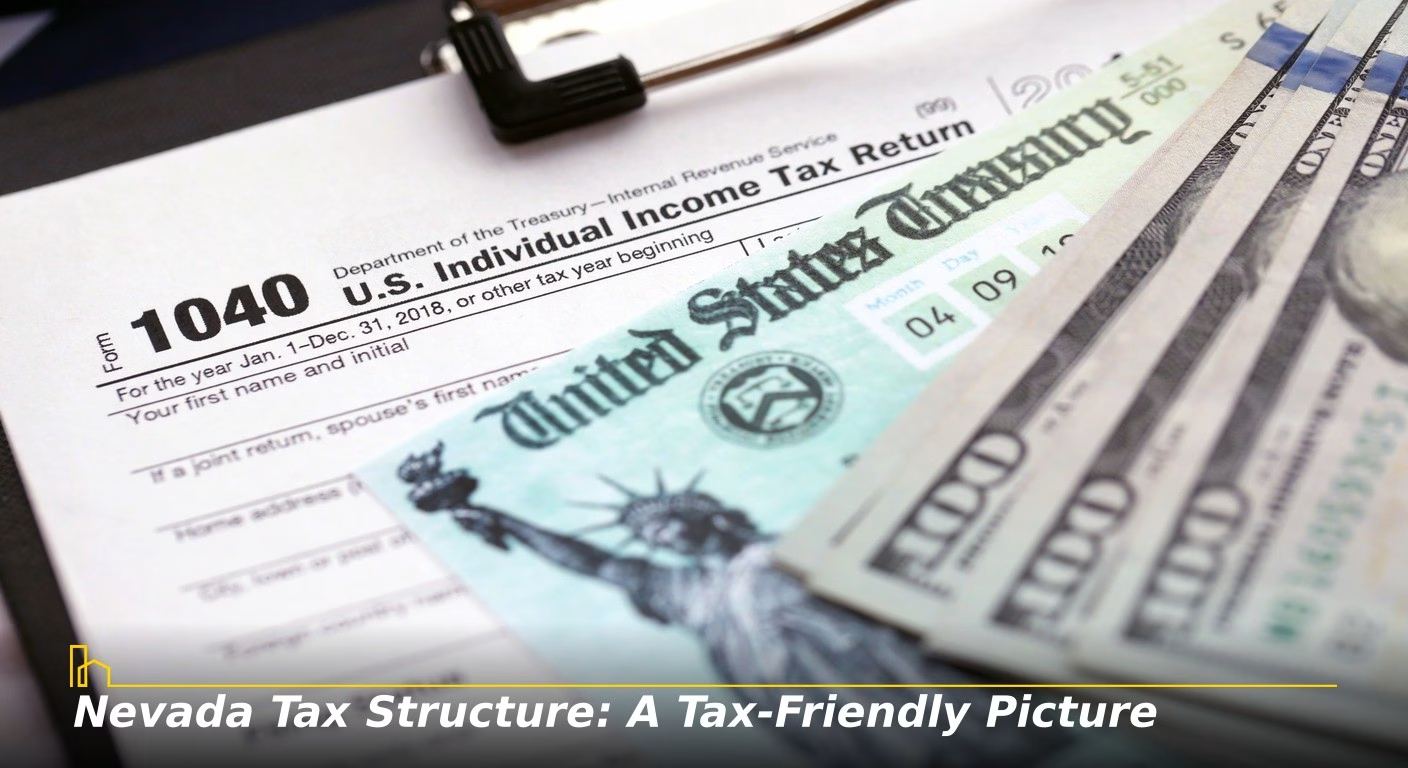
A. Nevada State Taxes Overview
This tax structure is among the most favorable in the nation. Imposing no income tax on wages, retirement income, or Social Security benefits provides significant savings for working professionals and retirees. However, this is offset by relatively high sales taxes and specific industry taxes on gaming and tourism.
The state’s base sales tax rate is 6.85%, supplemented by local option taxes, bringing total rates to 8.25+%in many areas. Property taxes are moderate, with effective rates typically around 0.59% to 0.65% of assessed value. For example, the average property tax bill in Clark County is about $1,752 per year.
B. Tax Comparison: Nevada vs. Other States
Tax Type | Nevada | Arizona | California | Utah | National Avg. |
|---|---|---|---|---|---|
| State Income Tax | 0% | 2.55% Flat | 1% – 13.3% | 4.85% Flat | ~5.1% |
| State Sales Tax | 6.85% + local | 5.60% | 7.25% | 6.10% | ~6.35% |
| Avg. Combined Sales Tax | ~8.25%-8.38% | ~8.37% | ~8.82% | ~7.19% | ~7.12% |
| Avg. Property Tax | ~0.59%-0.65% | 0.62% | 0.73% | 0.57% | 1.07% |
| Social Security Taxed? | No | No | No | Yes | N/A |
3. Daily Living Expenses in Nevada
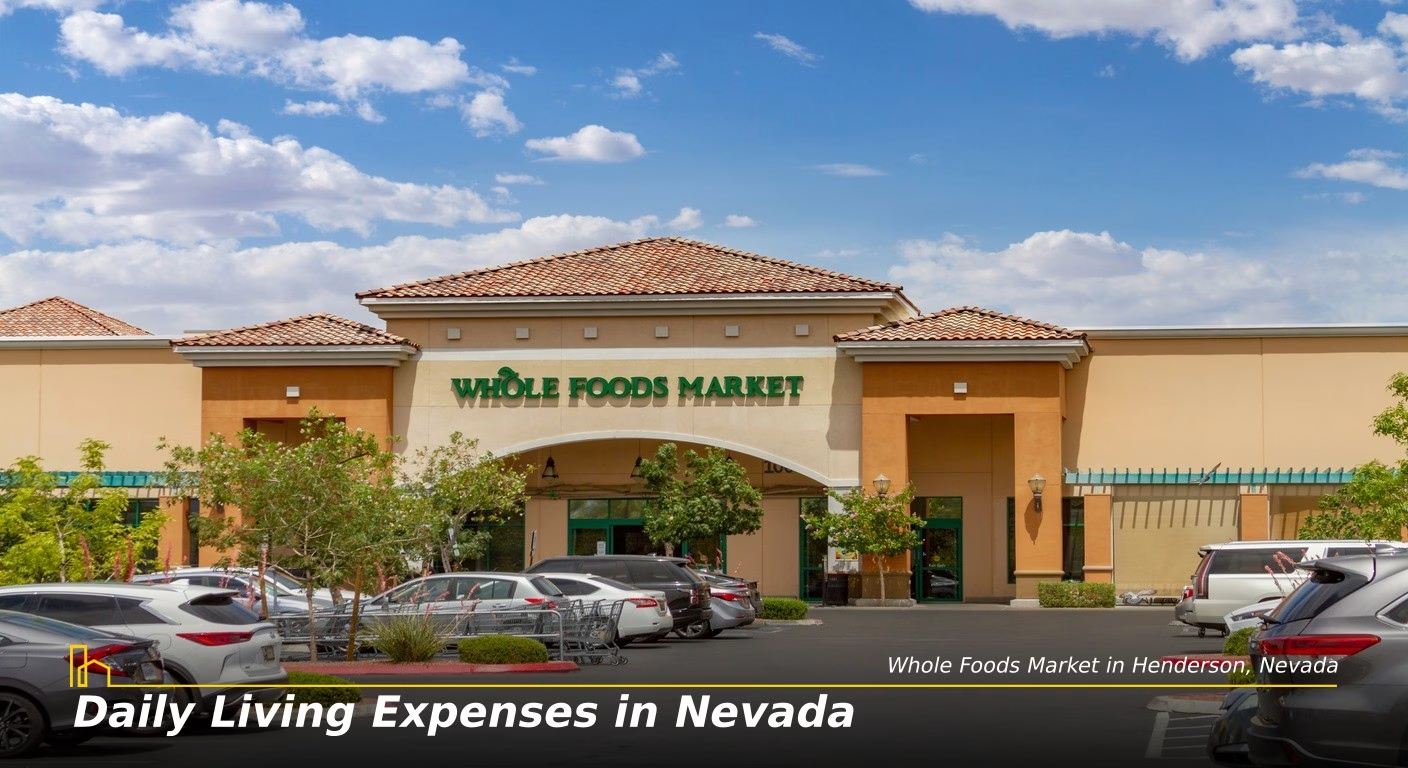
Overall cost of living is roughly 1% above the national average, with housing about 6% higher and utilities approximately 8% higher than the national average. Healthcare costs are about 11% lower, and groceries are around 4% higher.
A. Monthly Living Costs Breakdown
Expense Category | Nevada Cost | National Comparison |
|---|---|---|
| Groceries (per person) | $320-$380/month | 4%-15% above average |
| Utilities (Monthly Avg.) | $180-$350/month | 8%-15% above average (Seasonal) |
| Gasoline | ~$3.90/gallon | Slightly above average |
| Healthcare (individual) | $450-$550/month | Near or below national average |
| Internet | $75-$110/month | Near national average |
B. Cost-Saving Strategies for Nevada Living
Smart Nevadans mitigate high costs through:
Shopping Sales & Buying in Bulk: Costco and Smith’s are staples. Stocking up during sales is essential for managing grocery budgets.
Energy Efficiency: Investing in solar panels, energy-efficient windows, and proper insulation to combat extreme summer temperatures and reduce cooling costs.
Entertainment Alternatives: Taking advantage of free or low-cost outdoor recreation and community events rather than lavish casino entertainment.
Water Conservation: Implementing xeriscaping and water-efficient appliances to manage utility costs in the desert climate.
Recommended for you
4. Family Life in Nevada: Education and Community
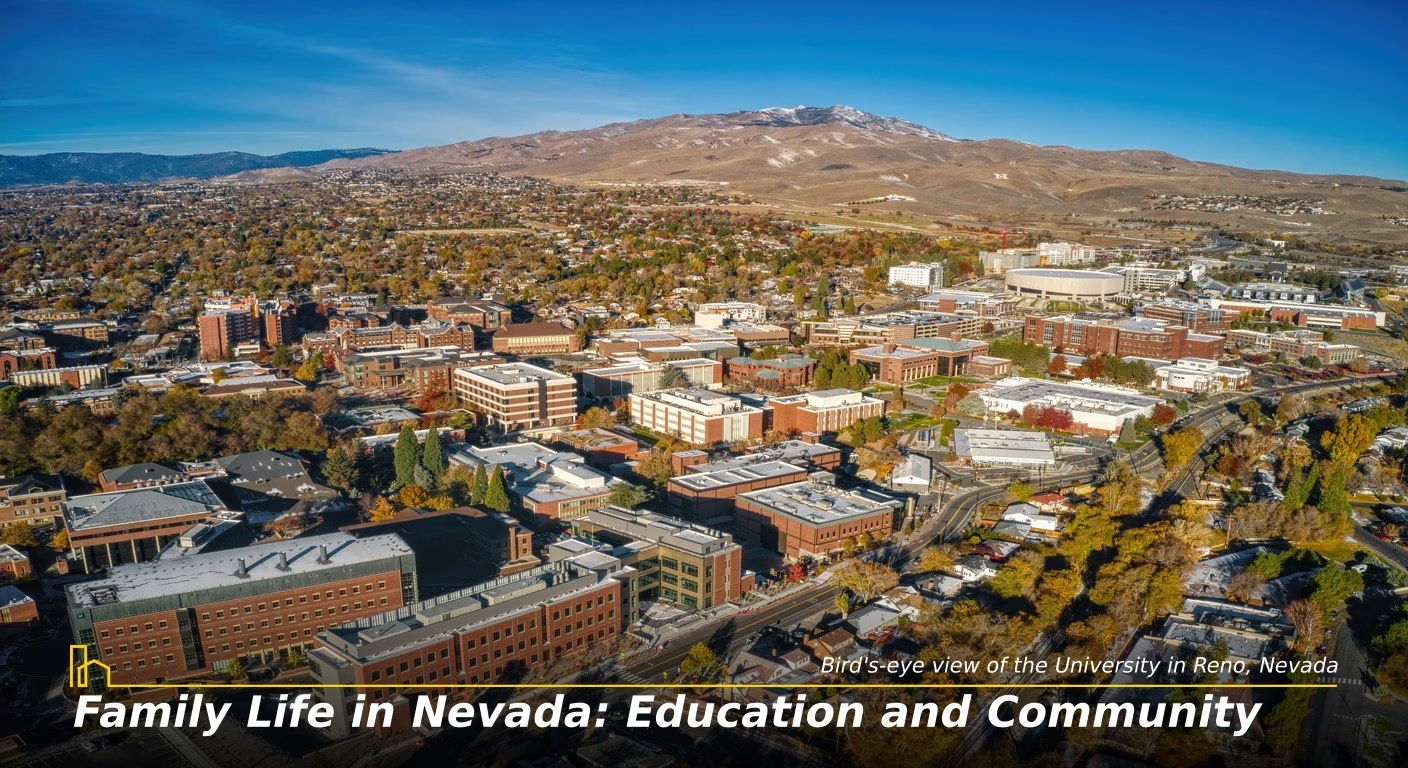
Here provides diverse family life options, though educational quality varies significantly between districts and remains a challenge in some areas.
A. Education in Nevada
School quality differs dramatically across the state. Clark County School District (Las Vegas area) is the fifth-largest in the nation but faces ongoing challenges with funding and performance. Washoe County (Reno area) schools generally perform stronger, while rural districts offer smaller class sizes but limited resources.
To address educational concerns, Nevada has developed a network of charter schools and magnet programs. It also offers school choice options and a growing homeschooling community. Their higher education system includes the University of Nevada, Las Vegas (UNLV), University of Nevada, Reno (UNR), and several community colleges.
B. Childcare and Family Costs
Family Expense | Nevada Cost | Available Support |
|---|---|---|
| Childcare (Monthly) | $800-$1,100/month | State assistance programs available |
| Youth Sports | $120-$350/season | Community leagues vary by location |
| 4-H & Outdoor Programs | Varies | Very accessible in rural areas |
5. Nevada Transportation: A Car-Dependent State

Transportation requires careful budgeting, particularly given the distances between cities and limited public transit options outside major metropolitan areas.
A. Vehicle-Related Expenses
Transportation Cost | Nevada Average | National Comparison |
|---|---|---|
| Auto Insurance | $1,500-$2,000/year | Above average |
| Gas Prices | ~$3.90/gallon | Slightly above average |
| Vehicle Registration | $60-$120/year | Based on vehicle value and age |
| Annual Mileage | ~13,500 miles | Above average due to large distances |
B. Public Transit and Air Travel
Las Vegas: Has the RTC bus system and limited monorail service along the Strip.
Reno: Offers RTC RIDE bus service with better coverage than many expect.
Rural Areas: Limited or no public transit options available.
Air Travel: Essential for connectivity. Harry Reid International Airport (LAS) in Las Vegas and Reno-Tahoe International Airport (RNO) serve as major hubs with extensive domestic connections.
The Pros and Cons of Living in Nevada
Nevada is more than casinos and deserts—it’s a state of opportunity, outdoor adventure, and tax-friendly living. However, challenges like scorching summers, high urban crime, and water shortages persist. This guide explores Nevada’s pros and cons, plus its best cities for professionals, families, and retirees seeking balance in the Silver State.
6. Nevada Job Market and Income Potential

Economic activity is heavily dependent on tourism and hospitality, though diversification efforts have created opportunities in technology, healthcare, and logistics.
A. Income Statistics and Employment
Income Metric | Nevada | National Average |
|---|---|---|
| Minimum Wage | $11.25/hour | $7.25/hour |
| Median Household Income | $65,000 | ~$75,000 |
| Unemployment Rate | ~4.5% | ~3.9% |
Middle-class income range spans approximately $50,900 to $152,700 in 2026.
B. Major Nevada Employers and Industries
Industry | Key Companies/Employers | Typical Salary Range |
|---|---|---|
| Hospitality & Gaming | MGM Resorts, Caesars, Wynn | $35,000 – $150,000+/year |
| Healthcare | HCA Healthcare, Renown, Sunrise | $50,000 – $130,000/year |
| Logistics & Distribution | Amazon, Tesla, Switch | $45,000 – $100,000/year |
| Technology | Tesla, Switch, various startups | $60,000 – $140,000/year |
| Government | State of NV, local municipalities | $40,000 – $90,000/year |
7. Cost of Living Comparison: Nevada vs. Other States
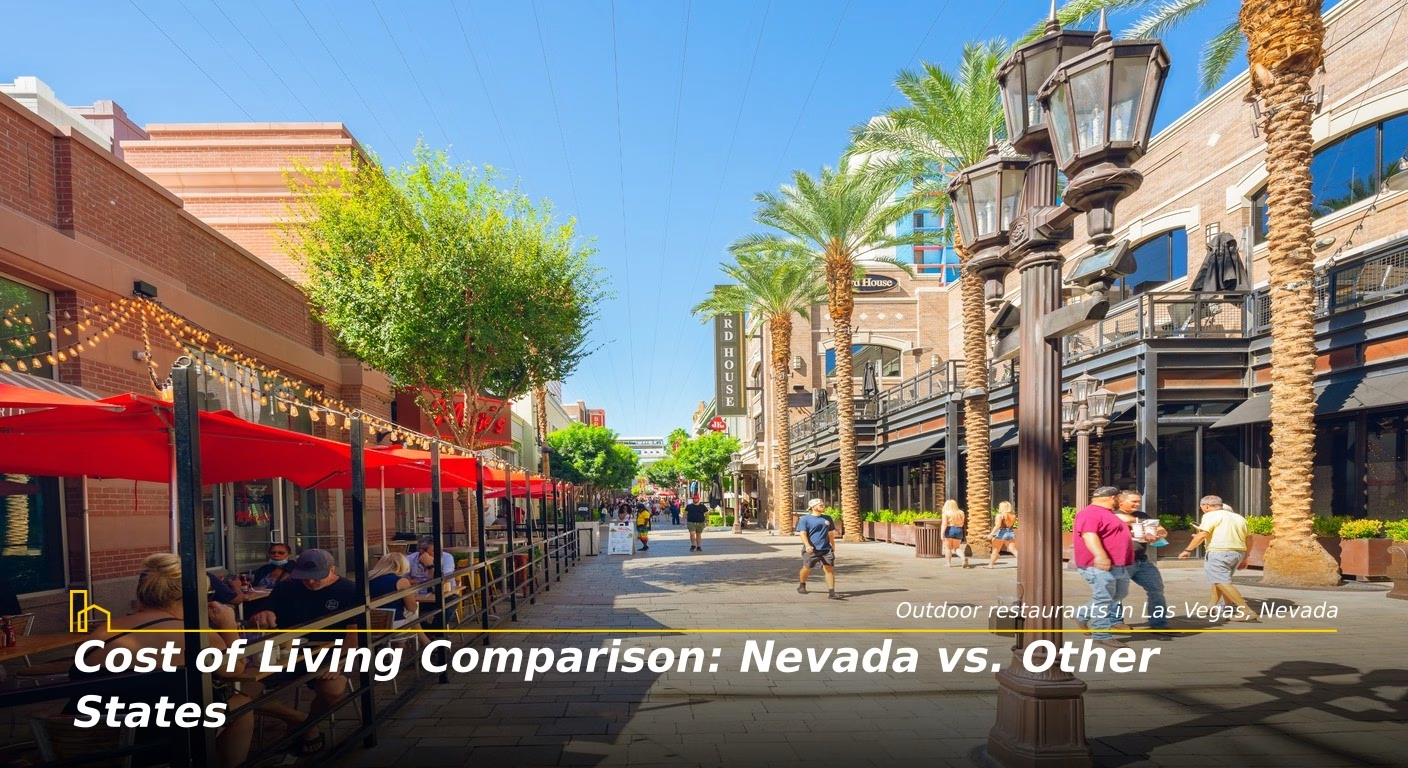
Expense Category | Nevada | Arizona | California | Utah | Texas |
|---|---|---|---|---|---|
| Median Home Price | $420,000 | $435,000 | $785,000 | $555,000 | $315,000 |
| Rent (2-Bedroom) | $1,700 | $1,500 | $2,400 | $1,700 | $1,300 |
| Gas Price/Gallon | $3.90 | $3.80 | $4.60 | $3.50 | $3.10 |
| Utilities (Monthly) | $240 | $180 | $220 | $190 | $170 |
The 5 Best Places to Live in Nevada: A City Comparison
Nevada blends dazzling city life with vast desert beauty and thriving suburban growth. This guide highlights the five best places to live in 2026, based on affordability, opportunity, safety, and lifestyle. From Las Vegas’s nonstop energy to Reno’s mountain charm, discover where your ideal Silver State home awaits.
8. Nevada Lifestyle: The Ultimate Trade-Off

Nevada lifestyle combines tax benefits with world-class entertainment and outdoor recreation. These advantages go against summer heat extremes, higher utility costs, and economic dependence on tourism cycles.
A. Lifestyle Advantages of Nevada Living
The ability to enjoy tax-free income, access 24/7 entertainment, and explore stunning natural landscapes from desert to alpine environments provides a unique quality of life. A sense of freedom and opportunity characterizes the Nevadan experience.
B. Nevada Living Challenges
Reliance on tourism creates volatility during economic downturns. Extreme summer heat requires adaptation, and access to specialized healthcare outside major metropolitan areas can be limited. Water scarcity presents long-term challenges for sustainable growth.
7 Most Affordable Places to Live in Nevada
Nevada offers more than bright lights and casinos—it’s also home to affordable communities with no state income tax and below-average housing costs. This guide highlights seven budget-friendly Nevada cities for 2026, analyzing housing, utilities, and transportation to help you find financial stability and desert-inspired quality of life.
9. Best Places to Live in Nevada for Different Needs
A. Family-Friendly Nevada Communities
Community Type | Best Cities | Median Home Price | Key Benefits |
|---|---|---|---|
| Urban Family | Henderson | $485,000 | Top schools, amenities, family-friendly |
| Affordable Family | North Las Vegas | $385,000 | Growing community, new developments |
| Suburban Family | Summerlin (Las Vegas) | $550,000 | Master-planned community, excellent amenities |
B. Professional and Retiree Options
Las Vegas provides the most diverse employment opportunities in hospitality, healthcare, and emerging tech sectors.
Reno offers growing tech and manufacturing employment with proximity to Lake Tahoe recreation.
Henderson combines suburban living with access to Las Vegas amenities and strong community services.
Carson City provides state government employment opportunities with smaller-city living.
Mesquite and Pahrump offer retirement options with lower costs and access to outdoor activities.
Conclusion: Making Nevada Living Work for You
Success depends on choosing the right location for your career and lifestyle preferences, preparing for the climate extremes, and embracing the state’s unique character. While the lack of income tax provides significant savings, strategic financial planning for higher utility costs and potential economic volatility is essential.
For those drawn by tax benefits, entertainment options, and outdoor adventure, the Silver State offers a rewarding lifestyle with unique advantages. Their ongoing economic diversification and growing tech sector provide increasing opportunities beyond traditional hospitality employment.
Recommended for you
Frequently Asked Questions About Living in Nevada
1. What is a comfortable salary to live in Nevada?
A single person can live comfortably on an annual salary of $50,000-$60,000. A family of four typically needs a combined income of $75,000+ for housing, utilities, and other expenses, particularly in more expensive areas like Reno or Summerlin.
2. Is Nevada a tax-friendly state for retirees?
Yes, extremely. Nevada is one of the most tax-friendly states for retirees. It imposes no state income tax on any retirement income, including Social Security, pensions, and IRA distributions.
3. How do people afford utilities in Nevada’s extreme climate?
Nevadans manage utility costs through energy efficiency measures, including solar panel installations, proper insulation, and smart thermostat usage. Many take advantage of time-of-use pricing plans and participate in energy conservation programs offered by NV Energy.
4. Is healthcare accessible throughout Nevada?
Healthcare access varies significantly. Las Vegas and Reno have exceptional medical facilities with specialized care, while rural areas require travel for specialized services. Telemedicine has improved access in remote communities, but comprehensive care often requires proximity to metropolitan areas.
5. What are the biggest hidden costs of living in Nevada?
Hidden costs include higher-than-average utility bills due to cooling needs, increased vehicle maintenance from extreme heat, and entertainment expenses if not carefully managed. Homeowners should also budget for potential water restrictions and associated landscaping costs.
6. Is Nevada a good place to raise a family?
Nevada can be an amazing place to raise a family for the right circumstances. Whether it’s diverse educational options, abundant outdoor activities, and family-friendly communities, parents should carefully research school districts and consider the influence of gaming culture in certain areas.
If you’re considering moving to Florida or want to compare with other states, you might explore the pros and cons of living in Tennessee, learn about living in Colorado, or discover the best places to live in Arizona. For those interested in different regions, you can read about living in Texas, explore or consider the advantages of Utah. If you’re planning a move, check out our essential moving steps and learn about budget-friendly moving options.
Local Editor(s)
Moving to Nevada: The Complete Relocation Guide & Checklist
Bordered by California, Oregon, Idaho, Utah, and Arizona, Nevada offers a lifestyle defined by entertainment, natural wonders, and business-friendly policies. About 3.2 million residents call The Silver State home, drawn…
The Pros and Cons of Living in Nevada
When picturing Nevada, what comes to mind are glittering casinos, vast desert landscapes, and the 24-hour energy of Las Vegas. But the 36th state offers more than entertainment clichés; tax…
The 5 Best Places to Live in Nevada: A City Comparison
Nevada is a state of dramatic contrasts, where glittering entertainment capitals coexist with rugged desert landscapes and rapidly growing suburban communities. Choosing the right community within the Silver State is…
9 Best Neighborhoods in Nevada to Raise a Family
Considering moving to Nevada? That's a smart choice, considering it's a state that is, quite frankly, packed to the brim with amazing neighborhoods! But if you're looking for the crème…
Moving to California: The Complete Relocation Guide & Checklist
Thinking about relocating to California? You'll be alongside hundreds of thousands of people who move to the Golden State each year, drawn by its world-class innovation, cultural diversity, and breathtaking…
The Pros and Cons of Living in California: Complete Relocation Guide 2026
If you're considering moving to California, you're in luck. The Golden State offers attractive options for all ages, budgets, living situations, and preferences. From the beaches of San Diego to…
Moving to Utah: The Complete Relocation Guide and Checklist
Thinking about moving to Utah? You’re not alone. Every year, thousands of working professionals and families discover why the Beehive State is one of America's fastest-growing states in the country.…
The Pros and Cons of Living in Utah
When picturing the State of Utah in the Mountain West, many imagine iconic red rock landscapes, world-class ski resorts, and a vibrant, family-oriented culture. And while all of those are…
Pros and Cons of Living in Virginia
Virginia is a beautiful state with an abundance of opportunities ripe for discovery. From the Appalachian Trail to the Blue Ridge Mountains, coastal towns to small farming communities, Virginia has something for individuals and families of all ages and budgets.…
The Pros and Cons of Living in Texas
Howdy! Thinking about moving to the Lone Star State? You’re not alone. Moving to Texas is trending as the state continues to attract new residents with its economic opportunities, cultural vibrancy, affordable cost of living, and distinctive lifestyle. Relocating to…
The Pros and Cons of Living in New Jersey
Considering a move to New Jersey? The Garden State offers a dynamic mix of urban energy, coastal charm, and suburban comfort. Home to nearly 9 million residents, New Jersey features vibrant cities, peaceful towns, stunning beaches, dense forests, and cultural…
The Pros and Cons of Living in Denver, Colorado
Looking for stellar public schools, world-class ski resorts, and a thriving city all in one spot? Denver, Colorado, may be the place for you. The Mile High City offers a unique blend of outdoor adventure, economic opportunity, and urban convenience.…

